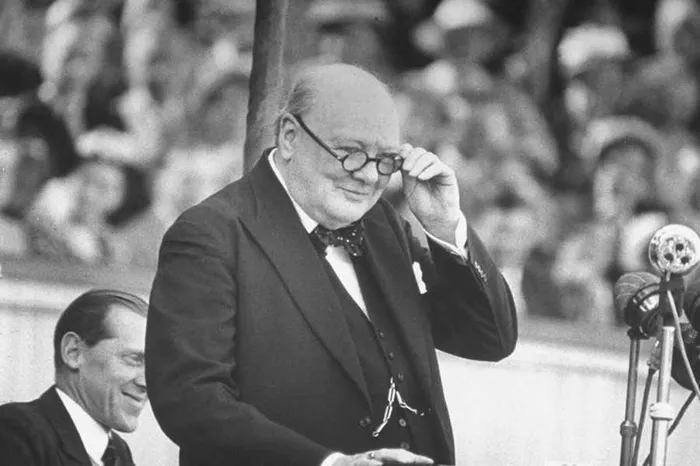January 24 has been marked by several notable events throughout British history. This article will explore these events in detail, providing context and significance to each occurrence.
What Happened on January 24 in British History?
1. The Death of Sir Winston Churchill (1965)
One of the most significant events that occurred on January 24 was the death of Sir Winston Churchill in 1965. Churchill, who served as Prime Minister of the United Kingdom during critical periods, including World War II, was a towering figure in British politics and history. He passed away at the age of 90, marking the end of an era.Churchill’s leadership during World War II was characterized by his stirring speeches and unwavering resolve against Nazi Germany. His famous address to the House of Commons in June 1940, where he declared, “We shall fight on the beaches,” rallied the British people during one of their darkest hours. After the war, he continued to influence global politics, advocating for a united Europe and warning against the dangers of Soviet communism.Upon his death, Churchill’s body lay in state at Westminster Hall, allowing the public to pay their respects. His funeral was attended by numerous dignitaries from around the world, highlighting his international stature and legacy as a statesman. The impact of his policies and speeches continues to resonate in British political discourse today.
2. The Birth of Charles James Fox (1749)
Another noteworthy event on January 24 is the birth of Charles James Fox in 1749. Fox was a prominent British Whig statesman known for his oratory skills and progressive political views. He played a crucial role in advocating for civil liberties and parliamentary reform.Fox’s political career began in earnest when he entered Parliament at a young age. He became known for his opposition to the American War of Independence, arguing that it was unjust and counterproductive. His advocacy for reform extended to issues such as the abolition of slavery and electoral reform, making him a key figure in the development of modern British politics.His legacy is reflected in various political movements that emerged after his time, particularly those advocating for greater democracy and social justice.
3. The Birth of Hadrian (76 AD)
On January 24, 76 AD, Hadrian, who would become one of Rome’s most famous emperors, was born in what is now Spain. His reign from 117 to 138 AD is noted for consolidating and fortifying the Roman Empire’s borders.Hadrian is best known for constructing Hadrian’s Wall in Britain, which marked the northern limit of Roman Britain. This wall served not only as a defensive structure but also as a means of controlling trade and immigration between Roman Britain and the tribes to the north.His policies emphasized cultural integration and architectural development across the empire, leaving a lasting impact on regions such as Britain. Hadrian’s Wall remains a significant historical site today, attracting tourists and historians alike.
4. The Death of Reverend William Webb Ellis (1872)
On January 24, 1872, Reverend William Webb Ellis passed away. He is often credited with creating rugby football while studying at Rugby School in England. According to legend, Ellis picked up the ball during a football match and ran with it, thus laying down the foundation for what would become rugby.This anecdote has become an integral part of rugby folklore and highlights how sports can evolve through individual actions. Today, rugby is one of the most popular sports in the UK and around the world.Ellis’s legacy is celebrated annually through various rugby events and commemorations that honor his contribution to sports history.
5. The Birth of Edward Turner (1901)
January 24 also marks the birth of Edward Turner in 1901, an influential English motorcycle designer. Turner played a pivotal role in developing iconic motorcycle models that shaped British motorcycle manufacturing during the early to mid-20th century.His designs included famous models such as the Triumph Speed Twin and Daytona, which are celebrated for their performance and engineering excellence. Turner’s work contributed significantly to Britain’s reputation as a leader in motorcycle design and innovation.His legacy continues today through various motorcycle brands that trace their roots back to his pioneering designs.
Conclusion
January 24 has witnessed numerous significant events throughout British history that have shaped its political landscape, cultural heritage, and sporting traditions. From Churchill’s impactful leadership during wartime to Hadrian’s architectural achievements, each event contributes uniquely to understanding Britain’s past.As we reflect on these historical moments, it becomes clear that they are not merely dates on a calendar but rather pivotal points that have influenced subsequent generations and continue to resonate within contemporary society.
Related Topics:

